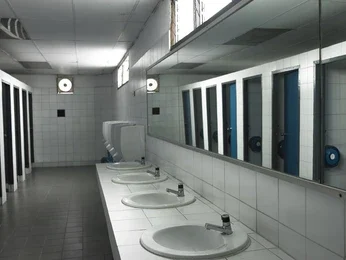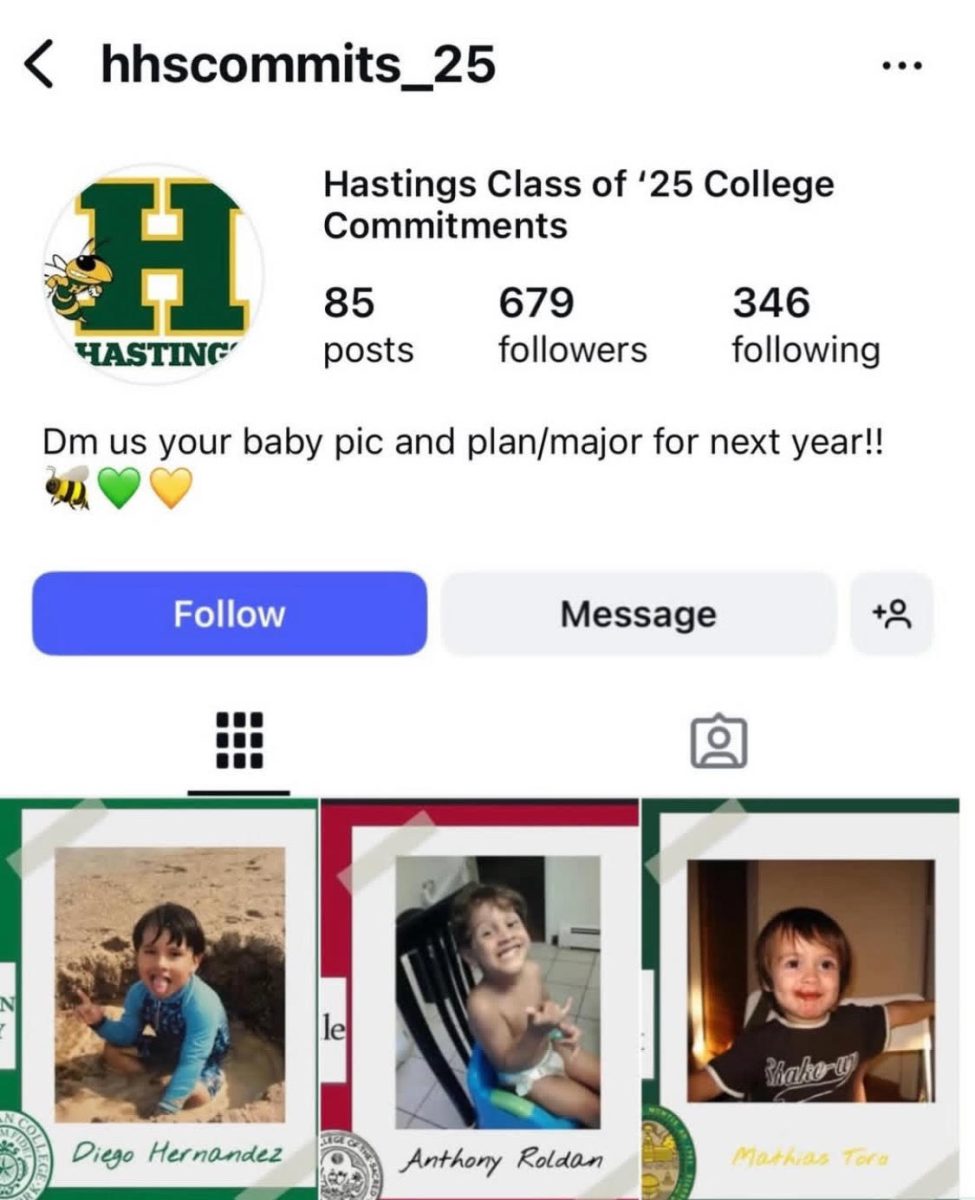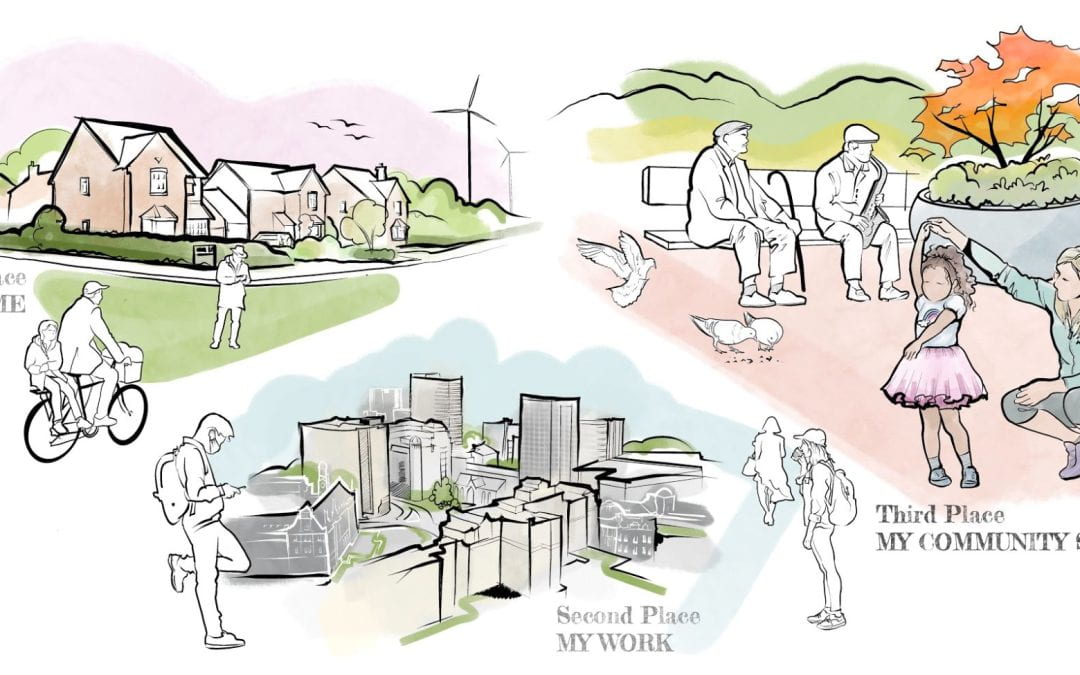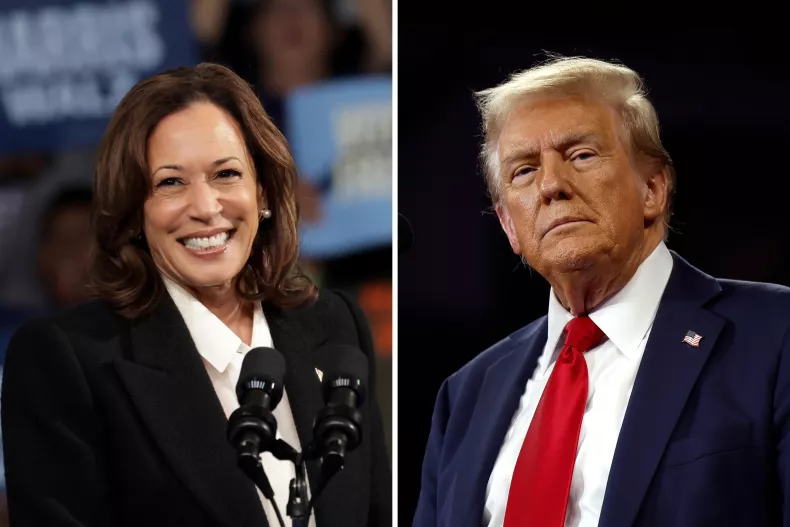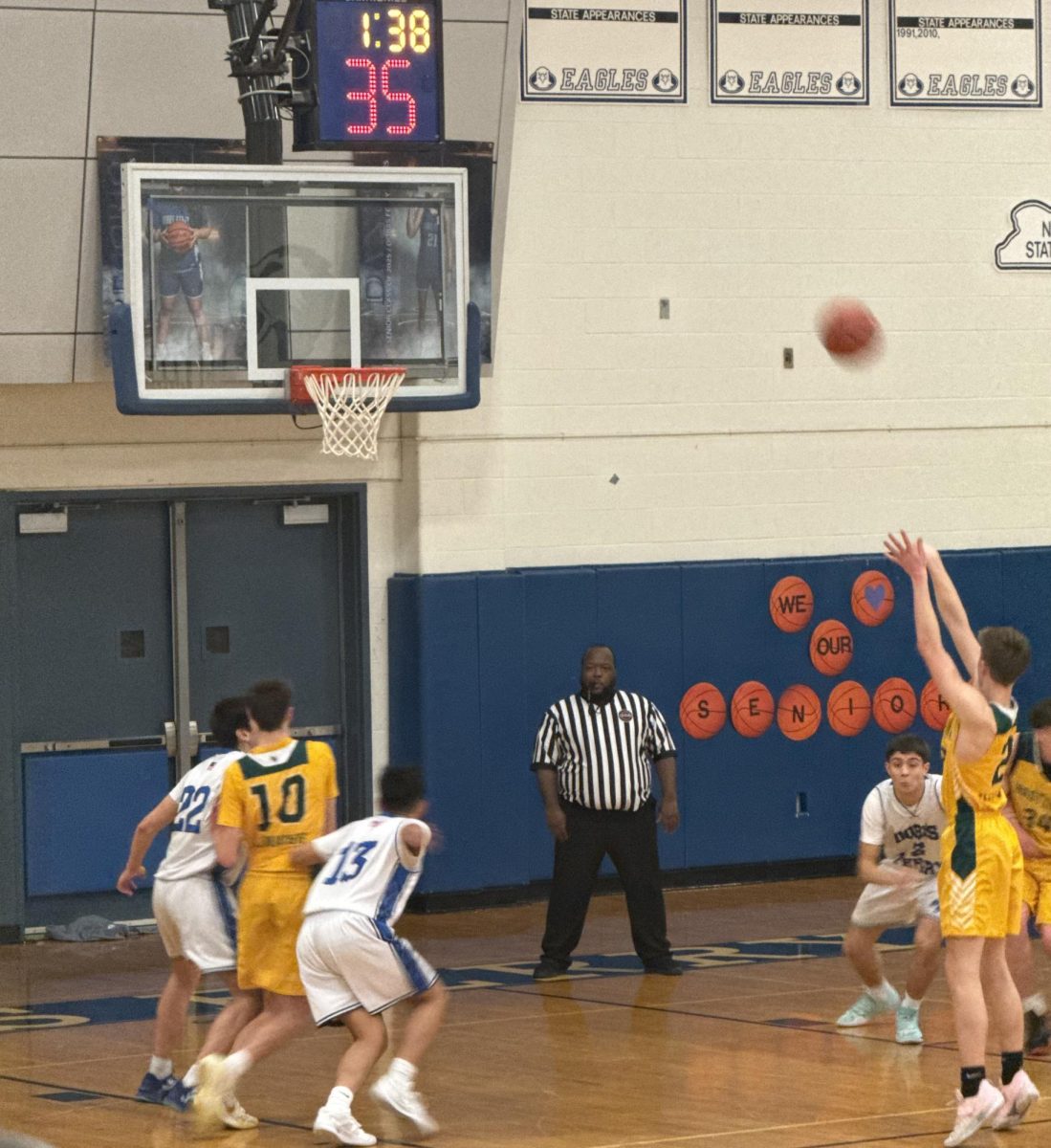The Hastings-on-Hudson Board of Education has spent the past six months evaluating needs for inclusion in a new capital bond. The bond, which will be voted on in May 2025, includes building systems and infrastructure upgrades to modernize school facilities. The bond will also address athletic field enhancements and will explore implementing an artificial turf field with lights, as well as the addition of a pressbox, installation of a new grandstand, and a parking lot expansion.
The HHS Student Athlete Committee, composed of officers Bobby Jennemann (President), Jonah Goldberg (Vice President), Avery Euler (Secretary), Anthony Holder (Treasurer), is highly involved in the upcoming bond vote. The goal of the student-run committee is to improve athletics through fundraising. One of their major current projects is creating a media campaign for the upcoming municipal bond vote. Bobby, a sophomore, has been regularly attending Board of Education meetings and has become an advocate for the Farragut Complex renovations and athletic field upgrades. In an interview, Bobby said, “I’m leading a student-athlete campaign to support the bond and assist in its passing. We are going to create physical and digital media, go door to door, poll students, and spread the word.”
According to the Board of Education President Alexander Dal Piaz, “The district is trying to address what has become a chronic lack of playable hours on the school fields. Practices are often cut short or canceled due to field conditions and lack of light. Games are often lost or rescheduled as away games.” Bobby agrees with Mr. Dal Piaz, as he has experienced these challenges before while playing JV baseball.
The Athlete Committee plans to poll students on the turf versus natural grass debate, but the committee is generally supportive of turf. Bobby stated, “Increased playing time and a higher quality playing surface will benefit both Hastings athletes and the community.” He also mentioned that the varsity softball team had to play eleven games in thirteen days last season due to constant weather-related cancellations and rescheduling.
Mr. Dal Piaz explains, “If turf fields are indeed deemed possible after the environmental review, then we would turn to our experienced engineering partners who we’ve engaged to help us design possible field layouts. Then, we would make a determination as to which playing surface we would prefer.” He says that the surface would be full turf, not a hybrid system that combines grass and synthetic turf. Since New York State has banned commercial turf containing PFAS chemicals, the only synthetic option likely to be considered would be virgin rubber granules. The bond passing is essential for the improvement of the Hastings athletic program and to move sports teams into a more competitive sphere.
